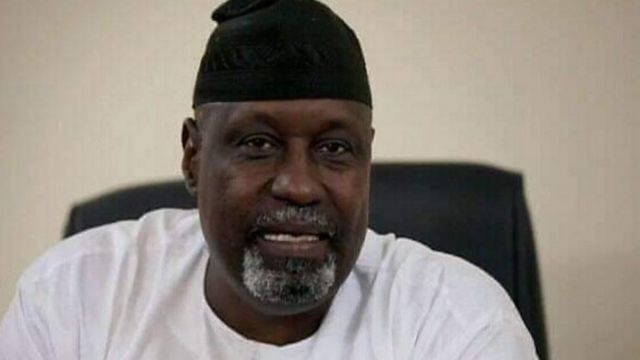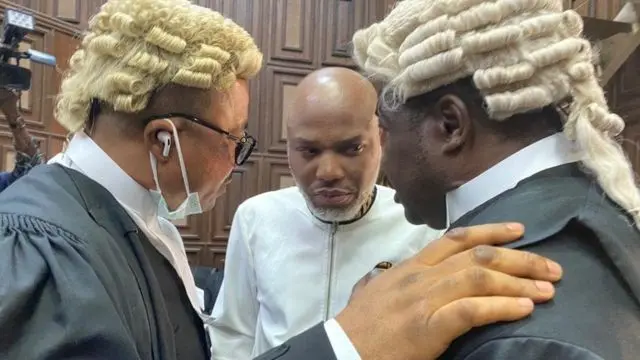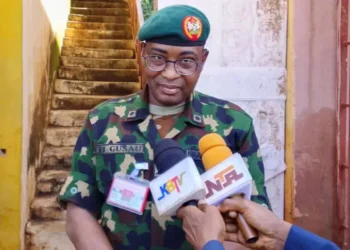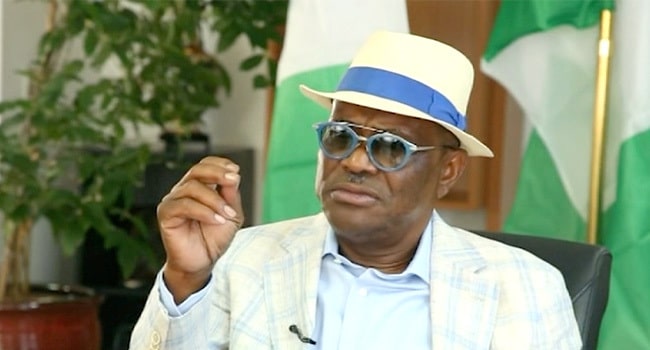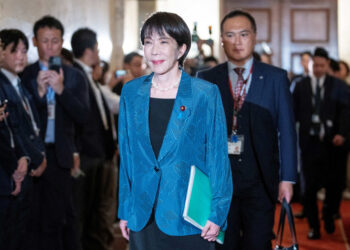Former Minority Leader of the House of Representatives, Farouk Aliyu, has made controversial statements declaring that the All Progressives Congress will employ all necessary measures to prevent opposition parties from establishing significant political influence in Nigeria.
Speaking during a television interview on Arise News, Aliyu revealed that while the ruling party respects opposition voices as integral to democratic governance, they are determined to maintain political dominance and ensure President Bola Tinubu’s electoral success in future contests.
The APC chieftain drew parallels to the party’s previous strategic coordination against former President Goodluck Jonathan, explaining that similar unified efforts would be deployed against current opposition attempts to challenge the ruling party’s authority. According to Aliyu, certain individuals are actively working to undermine President Tinubu’s political prospects, but the APC leadership remains committed to thwarting such efforts.
Aliyu emphasized that the party’s approach toward opposition groups is purely strategic rather than personal, noting that Nigeria belongs to all citizens regardless of political affiliation. He stressed that the APC acknowledges the constitutional importance of opposition parties in maintaining democratic balance and accountability.
However, he made clear distinctions between respect for democratic principles and political competition, stating that while opposition voices deserve recognition, the ruling party would actively work to limit their political advancement through legitimate political means.
In a candid admission about Nigeria’s political elite, Aliyu acknowledged that the country’s leadership class bears primary responsibility for many national challenges. He revealed that elite politicians maintain cordial relationships across party lines, contrasting this with ordinary citizens who sometimes engage in conflicts influenced by political rhetoric from their leaders.
The former minority leader described how political elites transcend religious and ethnic divisions that often characterize grassroots political discourse, explaining that at the highest levels of governance, politicians operate as a unified class despite public partisan appearances.
Aliyu’s comments provide rare insight into the strategic thinking within Nigeria’s ruling party and highlight the complex dynamics between public political competition and private elite consensus. His statements suggest that while democratic institutions function on the surface, underlying political calculations prioritize maintaining power structures rather than fostering genuine multiparty competition.

